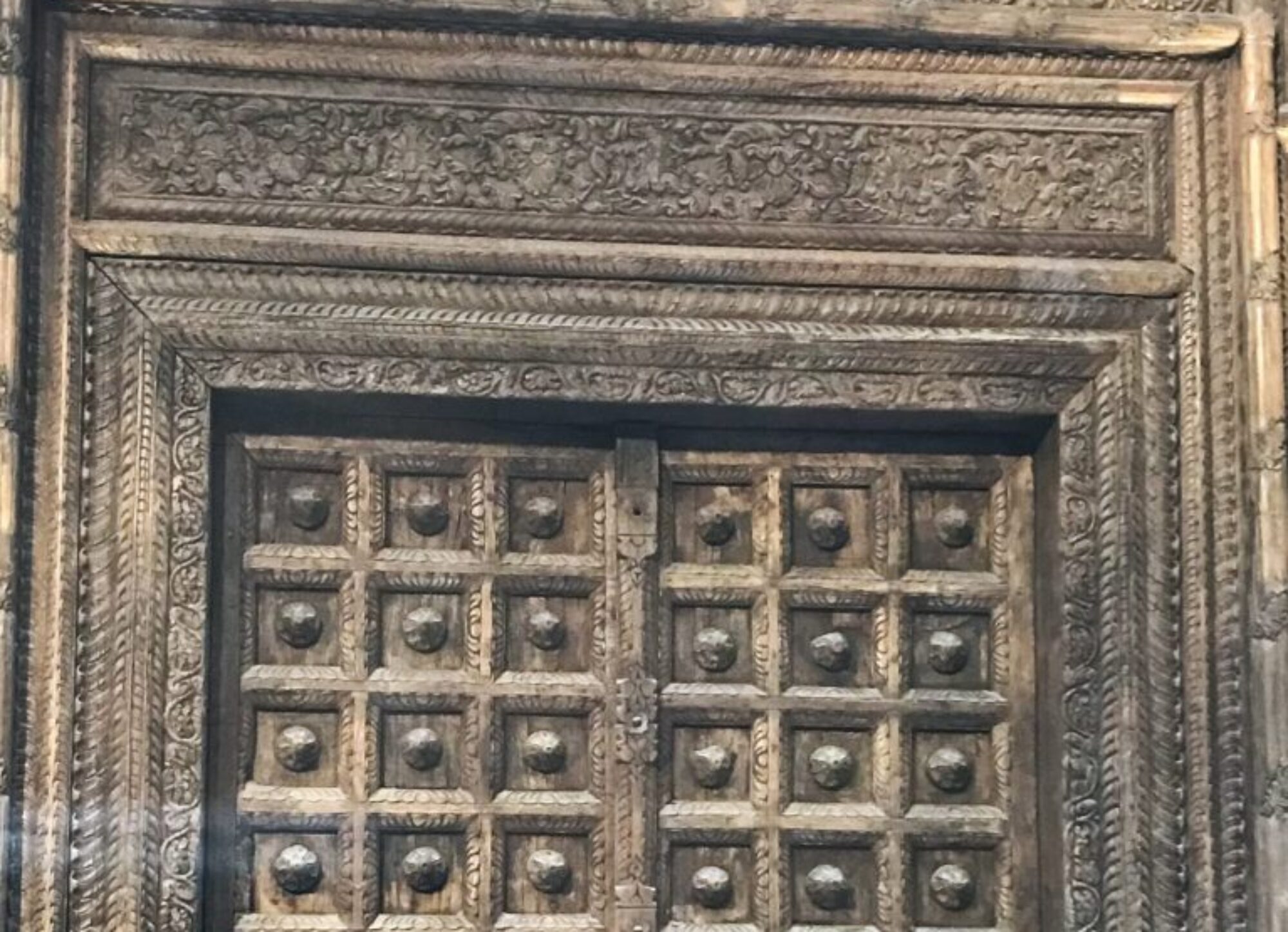I was a young Assistant Superintendent of Police in 1973 when the Banka by-election was announced. The Lok Sabha constituency was then a part of Bihar’s Bhagalpur district and the District Magistrate, Bhagalpur, was the returning officer. One morning, Wati Ao, the DM, curtly called me to his office. “Jaldi ao,” he shouted in his heavily Naga-accented Hindi. I scurried over to the DM’s office which was just fifty yards away.
A bizarre sight met my eyes in the DM’s chamber. There was a sizeable crowd in the room and the DM sat in a corner with a resigned expression. Sprawled on the large office table was an unkempt man with a green bandana on his head! I was about to scream at the pyjama-kurta clad man but Ao’s expression made me hesitate. Politely, I asked the man what he thought he was doing. He said he was on satyagraha. He complained that the DM had deputed an official to the treasury to deposit the security amount for Shakuntala Devi, the Congress candidate, when she came to file her nomination. He demanded that he should be extended the same courtesy. I assured him that I would get it done for him and asked him his name.
Surprised, he said, “You mean you don’t know who I am?”
“No Sir, I don’t! And I don’t care. But I need your name for filling the treasury challan,” I said
My youthful brashness seemed to amuse him as much as his antics amused me. “Write down,” he said, “The name is Raj Narain.” Still lying on the table, he took out a bundle of currency notes from his kurta pocket and gave it to me. He clambered off the DM’s table only after the treasury counterfoil was brought, which he submitted with his nomination papers.
Later, when the polling date approached, the district SP fell ill and I had to take charge of security arrangements for a difficult election. It was indeed a clash of titans. Shakuntala Devi of the Congress treated Banka as her pocket borough and was confident of winning. The Communist Party of India had fielded one of its giants – Tarni Mandal, who is now quite forgotten. Madhu Limaye, who ultimately won the election, was a towering leader of one socialist party. The enfant terrible of the pre-Emergency days, Raj Narain, represented another socialist party. There were also other less well-known candidates.
It was a remarkable election for several reasons. Even though many bigwigs came, and the contest was keenly fought, the election concluded peacefully. Many said it was the fairest election that they had ever witnessed and, unbelievably, the ruling party nominee forfeited her security deposit! In 1973, this was unprecedented. For me, however, the most memorable event was my encounter with Raj Narain. In my mind’s eye today, more than fifty years later, I can still see him stretched out on the DM’s table in a pose reminiscent of Lord Padmanabha reclining on the serpent sheshanag!
The Week May 12, 2024
